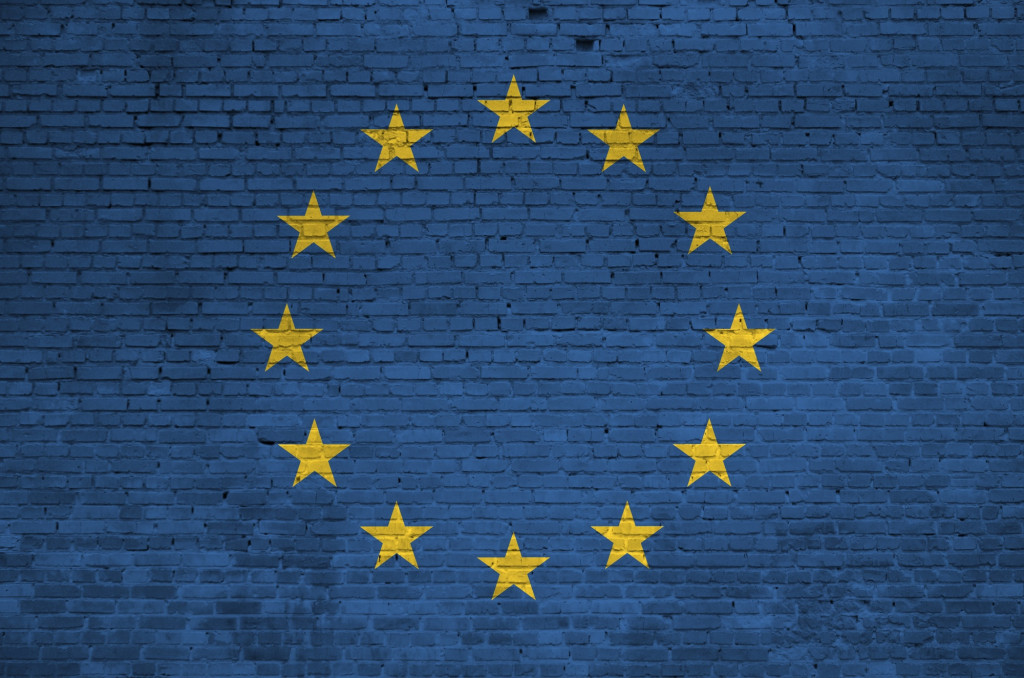Commission launches digital commons EDIC to bolster Europe’s digital sovereignty
The European Commission has established the Digital Commons European Digital Infrastructure Consortium (DC-EDIC) to help EU countries jointly develop open, sovereign and interoperable digital infrastructure. Led initially by France, Germany, the Netherlands and Italy, the new body will support shared data services, public-sector digital tools and open-source technologies designed and built in Europe.

The European Commission has approved the creation of the Digital Commons European Digital Infrastructure Consortium (DC-EDIC), a new collaborative structure designed to help EU member states jointly build and operate cross-border digital infrastructure. The initiative, headquartered in Paris and launched with France, Germany, the Netherlands and Italy as founding members, aims to strengthen Europe’s capacity to develop open, interoperable and sovereign digital technologies rather than rely on imported systems.
The Commission frames the new consortium as a response to strategic vulnerabilities linked to dependence on foreign technology providers. By pooling resources and coordinating closely with industry and civil-society communities, DC-EDIC will support the development and scaling of digital commons, shared digital tools, services and data infrastructure intended to serve governments, businesses and citizens.
The consortium will focus on building European common data infrastructure, advancing interoperable public-administration services, and nurturing a community of public, private and civic contributors. It will provide legal and technical support, access to funding through a one-stop shop and expertise hub, and policy guidance to encourage adoption of open and reusable digital components. Its governance model includes an Assembly of Members to set strategy, a director to oversee operations, and advisory groups to ensure broad stakeholder input.
A defining feature of DC-EDIC is the commitment to transparency and reusability. Software developed through the initiative will default to Free and Open-Source licences, and procurement and infrastructure access will follow open, non-discriminatory principles. Data management will be aligned with GDPR requirements, and security protocols will include structured breach-response arrangements.
The consortium plans to recruit its leadership team shortly, launch a related support programme under the Digital Europe Programme, and deliver by 2027 a full one-stop-shop and expertise hub, a Digital Commons Forum and Award, and an annual State of the Digital Commons report. The formal launch of the EDIC is expected in December 2025.
This initiative matters for civil society because open, public-interest digital infrastructures help prevent a future where core digital capabilities are locked behind proprietary platforms controlled by a handful of global corporations. A strong European digital commons ecosystem empowers civic actors to build tools for transparency, participation and accountability. It creates space for citizen-driven innovation rather than corporate gatekeeping, and ensures fundamental rights and data-protection standards are embedded in the foundations of Europe’s digital future. In practical terms, it offers civil society a seat in shaping shared platforms, standards and services, not as passive users, but as co-architects of a digital environment grounded in public values.


